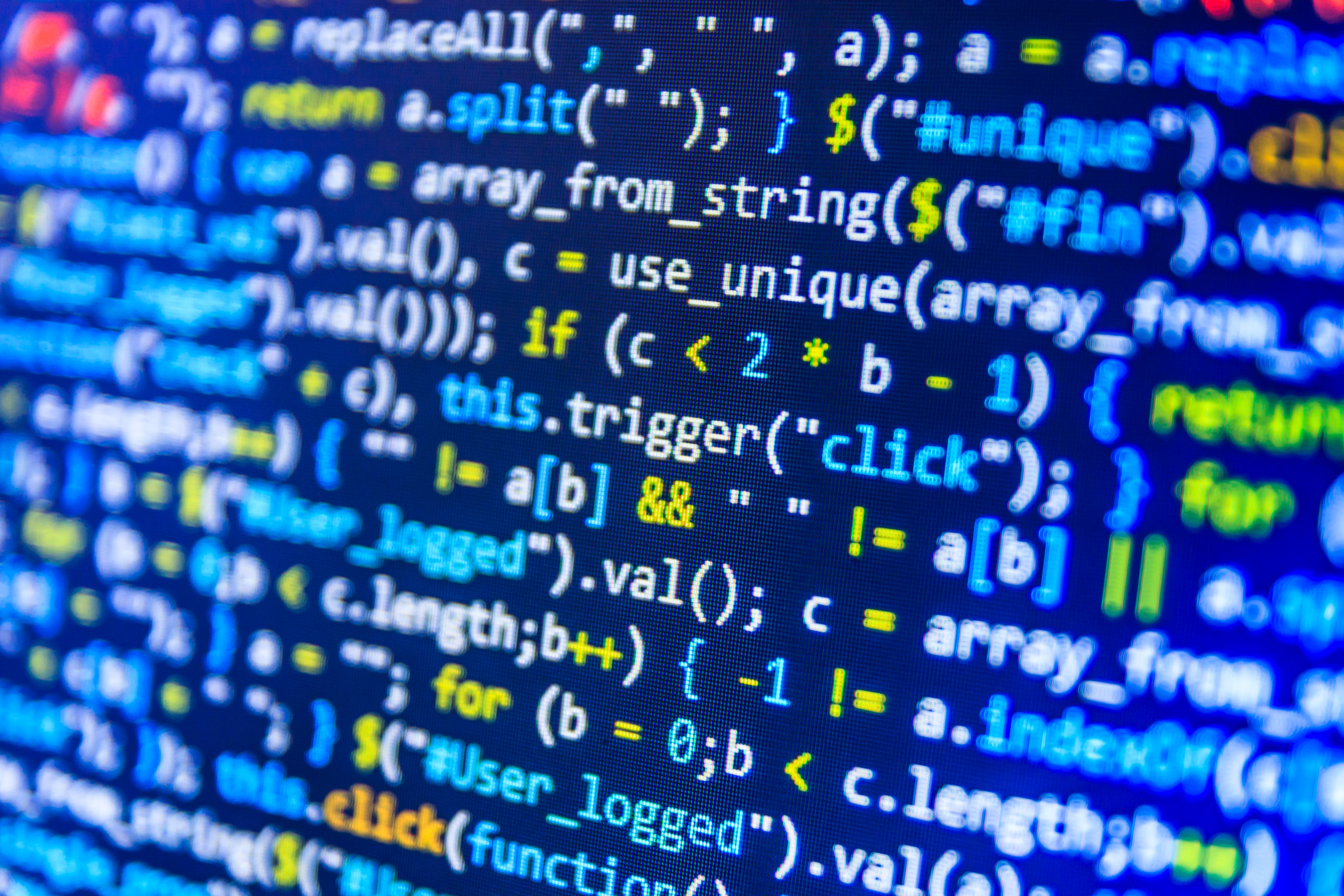As the Hour of Code again approaches, I ponder the efficacy of encouraging all schools to participate under the banner of coding. To be involved in EdTech is to interact with articles, TED Talks, and apps that encourage coding. Still, I am not convinced that all students need to focus on coding per se as much as they will benefit from the skills that are acquired while learning how to code. Perhaps I sound heretical given that I am a tech coach in addition to being a teacher. Still, my gut tells me that calling for an hour of code actually creates its own resistance from teachers and administrators who are either uncomfortable with their own tech skills or who question the role of tech in education (think: Waldorf schools). If, however, EdTech people were to call for an hour of critical-thinking, problem-solving, creativity and logic training I believe that the initiative would receive broader and more sustained support. After all, who in the educational field could reasonably argue against our students acquiring these skills?

The “Hour of Solving” and “Hour of Thinking” are two examples of labels that offer significantly broader appeal than “Hour of Code.” All human brains like challenges that are properly scaffolded. We like solving puzzles. We actually like ruminating. Computational thinking and problem solving, not coding, gets us there.
I applaud efforts to teach these essential skills divorced from high tech tools. Take, for example, a lesson plan that teaches these skills using paper, pencil, and scissors. Here is a team-oriented, body/kinesthetic game that easily fits within the traditional class period, putting paid to the sterile image of individuals, faces cast in sickly glows from the artificial light of computer displays, punching away at cryptic codes that less than one percent of the population even understands, let alone is interested in. Again, check out Code.org’s outstanding Exploring Computer Science curriculum, where the stated goal is not to emphasize the teaching of code but rather “to develop in students the computational practices of algorithm development, problem solving and programming within the context of problems that are relevant to the lives of today’s students.” Many of the lessons use little or no “techie” tools.

We humans are interested in involving ourselves in activities that are first, relevant, and second, fun. I admit that I may have that sequence out of order, but the broader point stands. If we are to support the acquisition of these important skills then we need to present learning opportunities that are deemed both relevant and appealing to the broadest possible spectrum of our community. Let us start by considering the diction that we choose to describe our efforts.
After all, I devour sushi but I would hesitate to eat ‘cold, raw fish’.
About the author: Chris Carter is a Teacher at Concordia International School Shanghai. He is the 2012 Patricia Behring NHD Asia History Teacher of the Year award recipient. Chris is the chief editor of ICT in Practice magazine and co-hosts the Education Vanguard, Tech Tools Daily, and EdTech Roundtable programs on 21st Century Learning Radio. Currently, he focuses on project-based learning, computational thinking, relational teaching, and equity in education. Chris is a lifelong learner who researches and uses the latest and greatest EdTech tools because he believes in providing the best possible learning environments for all students.
21st Century Radio: http://21clradio.com/
ICT in Practice: http://www.ictinpractice.com/magazine/
Webpage: https://christocarterhome.wordpress.com/
LinkedIn: http://linkd.in/11nKeV1
Twitter: @christocarter



“The ‘Hour of Solving’ and ‘Hour of Thinking’ are two examples of labels that offer significantly broader appeal than “Hour of Code.”
Except that part of the magic of code is that it actually creates something. I like thinking– I wish half the stuff I had to do in school, I could have just thought about it or talked about it, instead of actually doing it.
I agree that learning to think is one of the most important parts of coding, but one of the things that it makes you think about is not just abstract logic, but computers!
Coding is the shortest (self-sustaining) route to both better digital literacy, and better understanding digital ethics. If you take only one lesson away from it– logic– you throw away the others.
Dont save teachers from code, make it easier for them to do instead. Start with making more easy-to-use introductory language platforms that are good for more than moving a cartoon cat around. No, I realize it can do so much more– so can Minecraft and App Inventor and the next easy-to-use (but practical) coding platform. Ive got my own– we still need more.
LikeLike